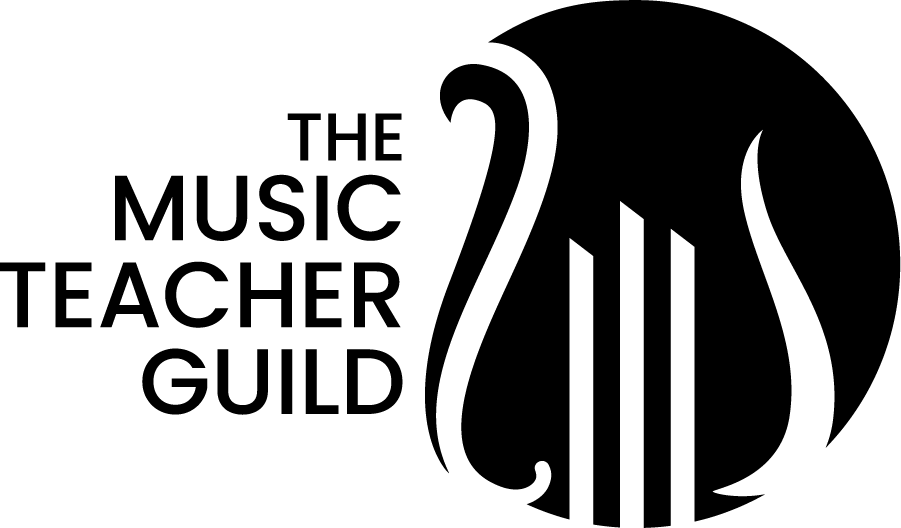Analyzing the Influence of Professional Associations on Music Teaching
In the vibrant world of music education, the melody of a teacher's journey often resonates with the influence of professional associations. These organizations serve as more than just networks; they are vital lifelines that connect educators to a wealth of resources, professional development opportunities, and advocacy efforts that can shape the landscape of music teaching. From providing innovative teaching strategies to uniting educators across the globe, professional associations for music educators are pivotal in fostering an environment where teaching and learning can flourish. In this post, we’ll delve into the profound impact these associations have on music teaching and why every music educator should consider becoming a member.
Understanding Professional Associations
Professional associations for music educators are organizations dedicated to supporting and advocating for those who teach music. They provide a platform for networking, sharing best practices, and staying informed about the latest developments in music education. Associations such as the National Association for Music Education (NAfME), the American String Teachers Association (ASTA), and the Jazz Educators Network (JEN) play significant roles in promoting the interests of music teachers across the United States and beyond.
Benefits of Joining Professional Associations
Networking Opportunities: Joining a professional association allows music educators to connect with peers, mentors, and experts in the field. These connections can lead to collaborative projects, job opportunities, and friendships that enrich one’s teaching experience.
Access to Resources and Continuing Education: Many associations offer a wealth of resources, including teaching materials, lesson plans, and access to scholarly journals. They also provide workshops, webinars, and conferences that help educators stay current with new teaching methodologies and techniques.
Advocacy and Support for Music Education: Professional associations advocate for the importance of music education in schools. They work to influence policy and funding decisions at local, state, and national levels, ensuring that music programs receive the support they need.
Influence on Teaching Practices
Professional associations significantly shape teaching practices in music education. They often conduct research and publish findings that help educators understand the most effective teaching strategies. Additionally, many associations provide professional development workshops that introduce new approaches to curriculum design and classroom management.
By participating in these workshops, educators can learn about the latest trends in music education and how to implement them in their classrooms. This not only enhances their teaching practices but also positively impacts student learning outcomes.
Community Building and Collaboration
One of the most rewarding aspects of being a member of a professional association is the sense of community it fosters among music educators. Associations often organize events where educators can collaborate, share experiences, and work on joint initiatives. This collaboration can lead to innovative projects that benefit students and the broader community.
For instance, many associations host festivals, competitions, and conferences that showcase student talent and provide educators with opportunities to learn from each other. These events create a supportive atmosphere where educators can exchange ideas and inspire one another.
Challenges and Considerations
While the benefits of joining professional associations are numerous, there are also challenges to consider. Some educators may find the membership fees prohibitive or feel that they lack the time to engage fully with the organization. Additionally, with so many associations available, choosing the right one can be overwhelming.
To navigate these challenges, educators should evaluate their specific needs and goals. Consider attending a few events or workshops before committing to membership to ensure that the association aligns with your professional aspirations.
Conclusion
The influence of professional associations on music teaching is profound and multifaceted. These organizations provide essential support, resources, and community for music educators, helping them thrive in their careers. For those passionate about music education, engaging with a professional association is not just beneficial; it’s an investment in their growth as educators. So, if you haven’t already, consider joining a professional association for music educators and experience the powerful impact it can have on your teaching journey.

